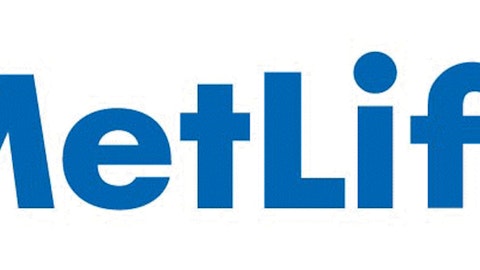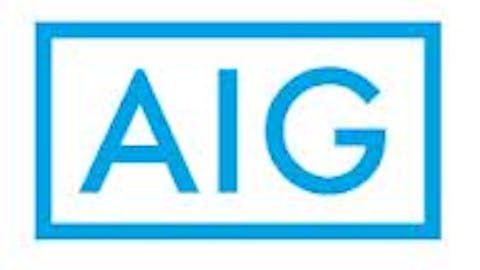
Several years of historic low interest rates have wreaked havoc on the long term care insurance marketplace. Several insurers directly cited this as a contributing factor in their decision to cease selling policies to new applicants.
Conversely, a predicted rise in interest rates will ultimately result in additional revenue. “The impact is not immediate but will positively effect revenue over time,” explains Claude Thau, a leading industry expert in Overland Park, Kansas.
According to industry professionals, when the portfolio rate earned on a company’s in-force business increases by 1%, a long-term care insurer with $10 billion in reserves will gain roughly $100 million of additional revenue annually. It needs to be noted that this amount is prior to any federal corporate taxes that may be due on that additional income.
Executives note that much of the added earnings will be needed to pay future claims. The industry paid $6.6 billion in claims in 2012 according to research by the American Association for Long-Term Care Insurance, with experts acknowledging the amount will grow in the years ahead as policyholders age and initiate claims. However, some of the added revenue will definitely go directly towards the bottom line income of the company.
The latest Long Term Care Experience Report produced annually by the National Association of Insurance Commissioners shows the reserves for leading insurers. The report published in 2012 provides data based on 2011 filings submitted by insurers.
The two largest long term care insurers include Genworth Financial Inc (NYSE:GNW) with over 1.1 million policyholders and some $9.96 billion in policy reserves. John Hancock, owned by Canada’s Manulife Financial Corporation (USA) (NYSE:MFC), has two companies with long term care insurance. The two entities insure over one million individuals and have roughly $8.0 billion in policy reserves.
Both companies could benefit from other factors when compared to other insurers. Both companies continue to sell new policies and both have increased prices on newer policies offered. For the most recent year, the two companies will have sold approximately 100,000 new policies worth some $250 million in annualized premium. In addition, both recently started charging women applicants more than men as a result of consistent data showing that women comprise two-thirds of all benefit payments.
Among the companies no longer selling new policies, Continental Casualty Company, which is more commonly known as CNA Financial ceased offering new policies, but has roughly 450,000 individual and group long term care insureds and some $7.0 billion in reserves. Metlife Inc (NYSE:MET) with some 680,000 insureds reports a combined $10.1 billion in reserves from the various entities holding its LTCi policies.
Companies no longer selling will see reduced premium flow over time. For example, the soon-to-be-published 2014 Long-Term Care Insurance Sourcebook reports that CNA showed 449,000 covered lives for 2011 a decline from 461,000 the prior year. Companies no longer selling will see the number of covered lives diminish as policy holders voluntarily lapse or die, which actuaries often refer to as involuntary lapses.
Two other players in the industry include Prudential Financial Inc (NYSE:PRU) Insurance Company of America, which reported $1.68 billion in reserves, Unum Life Insurance Company of America, part of the Unum Group (NYSE:UNM), reports $3.99 billion in reserves. Both companies no longer offer long term care insurance policies and their business is primarily comprised of group or employer plans, which tend to have small premium amounts and may experience higher rates of policyholder attrition.
Obviously, added future earnings are only one aspect of ultimate income and profitability. Two concluding thoughts to keep in mind: for most companies, with Genworth Financial Inc (NYSE:GNW) being an exception, long term care insurance has little impact on an overall company’s earnings. In addition, while we have focused on the impact of rising interest rates on a company’s long term care insurance business, it will also affect profitability for other lines, including life insurance.
For that reason, because much recent media attention has focused on the negative impact of declining interest rates on insurance companies, especially long-term care insurers, the outlook for rising rates warranted understanding their impact in the years ahead. It certainly is some reason for optimism.
The article Interest Rate Rise Will Bolster Long-Term Care Insurance Company Earnings originally appeared on Fool.com and is written by Jesse Slome.
Jesse Slome has no position in any stocks mentioned. The Motley Fool has no position in any of the stocks mentioned. Jesse is a member of The Motley Fool Blog Network — entries represent the personal opinion of the blogger and are not formally edited.
Copyright © 1995 – 2013 The Motley Fool, LLC. All rights reserved. The Motley Fool has a disclosure policy.


